2021 CAMPAIGN
Join the movement to prevent child trafficking
COVID is causing a crisis in an already vulnerable community. Help us raise $130,000 by midnight PST Dec. 31, 2021 to prevent child trafficking in northern Thailand!
Together, we can break the cycle of trafficking at the source.
In Northern Thailand, three things put children at higher risk of being trafficked: poverty, low levels of education, and social marginalization. COVID-19 has made these people more vulnerable to exploitation than ever.
Total raised so far
101%
So far: $132,179
Goal: $130,000
“Kids who drop out of school have two options: sell sex or sell drugs.”
– Local Thai Teacher
Northern Thailand is a known source of child trafficking, with a high poverty rate, low education rate, and many marginalized groups.
For many families in Chiang Rai and Nan provinces, this is a generational problem. But it has a solution.
$2
Families in Northern Thailand work in back-breaking agricultural jobs to support their families. Despite their hard work, they must survive on less than $2 per person per day.
With families to support, many cannot afford to continue to send their children to school. They consider pulling their children out of school. However, without education, children cannot access employment that brings enough income to help support their families.
43%
Even so, they need help now. Families take their children out of school to save costs and send them to work in bigger cities, where the sex trade lures them in with the promise of a lot of fast money.
19%
Isolation, mental health struggles, legal status issues, and a history of trauma or abuse also put children at risk. 68% of children in the North receive violent discipline.
Families with children at risk of trafficking and exploitation receive scholarships to support them to stay in school. Scholarships ease financial burdens.
Mentors help families strengthen their relationships and provide the children with the psycho-social support needed to thrive.
Micro-businesses provide supplemental income for families who are struggling financially.
Those on the margins of society are equipped with knowledge about trafficking and are empowered to access their rights.
With income, education, and knowledge, the future is bright and full of opportunities.
The Problem
per person per day.
Families in Northern Thailand work in back-breaking agricultural jobs to support their families. Despite their hard work, they must survive on less than $2 per person per day.
With families to support, many cannot afford to continue to send their children to school. They consider pulling their children out of school. However, without education, children cannot access employment that brings enough income to help support their families.
do not attend upper secondary school
Even so, they need help now. Families take their children out of school to save costs and send them to work in bigger cities, where the sex trade lures them in with the promise of a lot of fast money.
receive violent discipline
Isolation, mental health struggles, legal status issues, and a history of trauma or abuse also put children at risk. 68% of children in the North receive violent discipline.
Our solution
Families with children at risk of trafficking and exploitation receive scholarships to support them to stay in school. Scholarships ease financial burdens.
Mentors help families strengthen their relationships and provide the children with the psycho-social support needed to thrive.
Micro-businesses provide supplemental income for families who are struggling financially.
Those on the margins of society are equipped with knowledge about trafficking and are empowered to access their rights.
With income, education, and knowledge, the future is bright and full of opportunities.
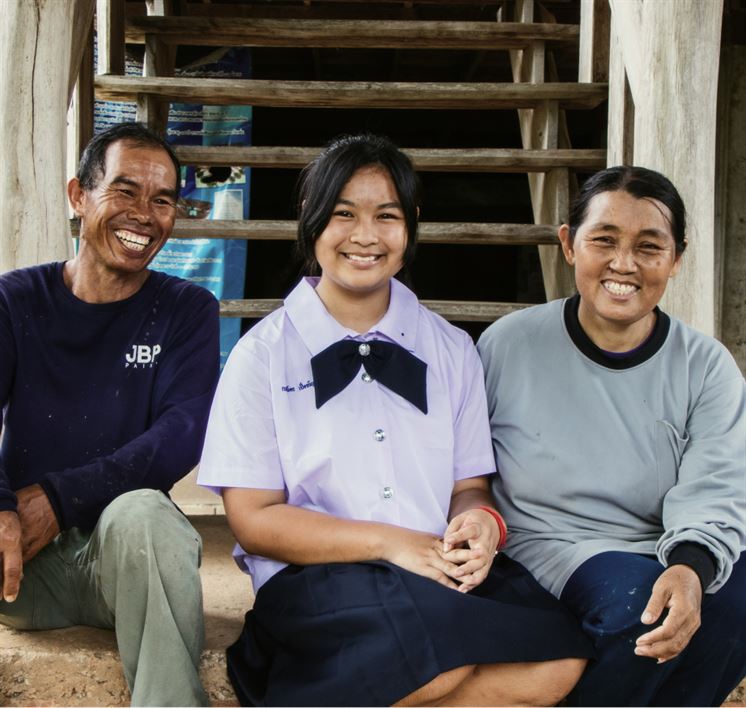
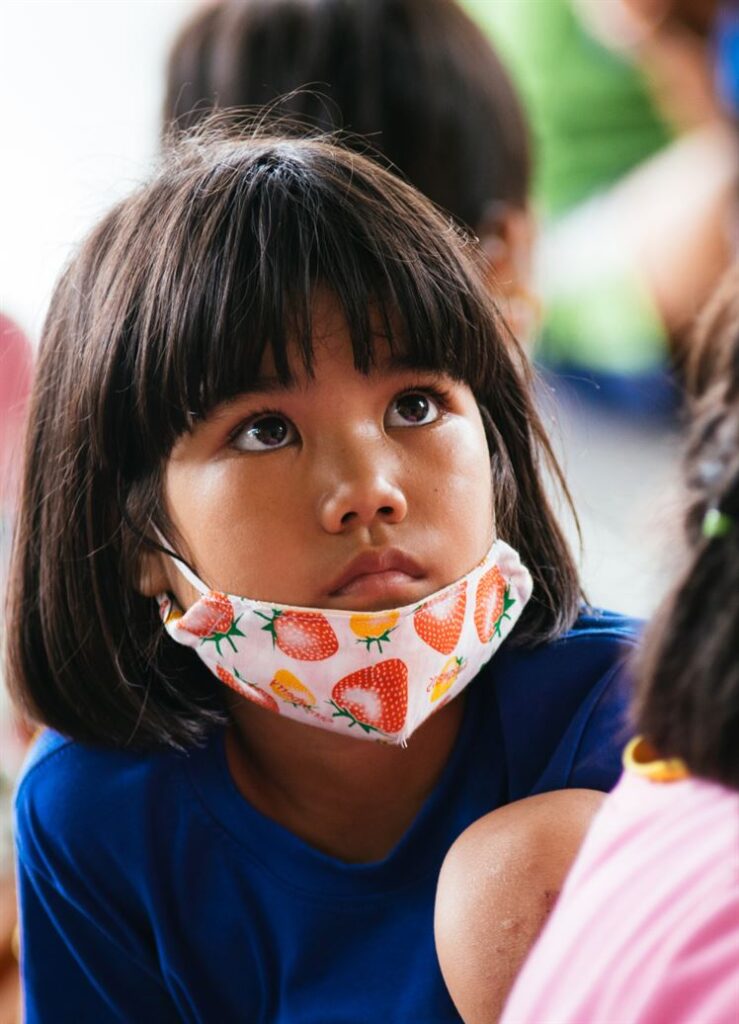
Your support enables us to invest in two provinces where trafficking rates are high and the children need help.
We believe that preventing the cycle of trafficking and exploitation is possible. We are working in these two communities to provide access to education, income generation, and knowledge about rights.
Chiang Rai:
Partner since
2008
237
Scholarship students
16,176
People served
IN NAN:
Partner since
2020
37
Scholarship students
1,081
People served
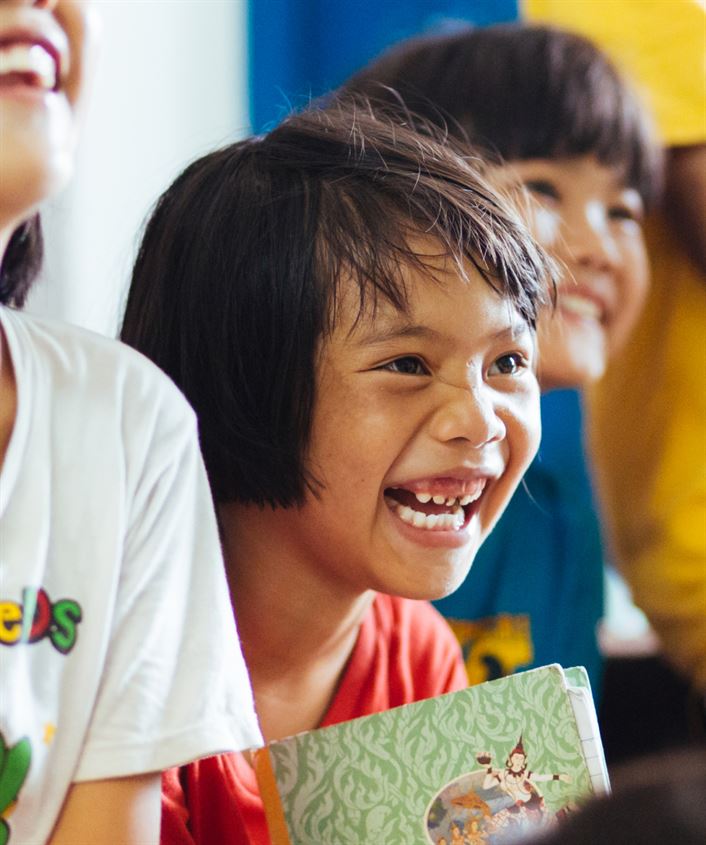
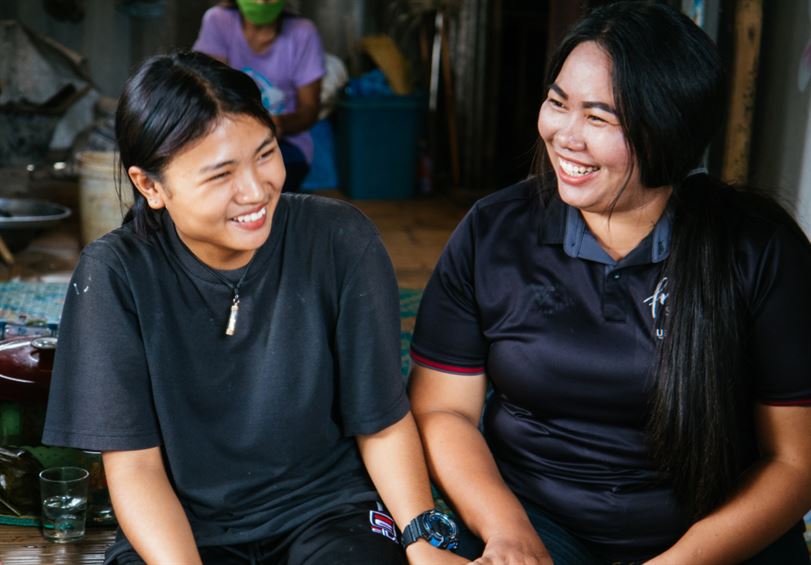
“I’ve really seen that scholarships are so important... The kids have better lives, they have good relationships, the families have better relationships.”
– KRUU BALL, THE FREEDOM STORY STAFF
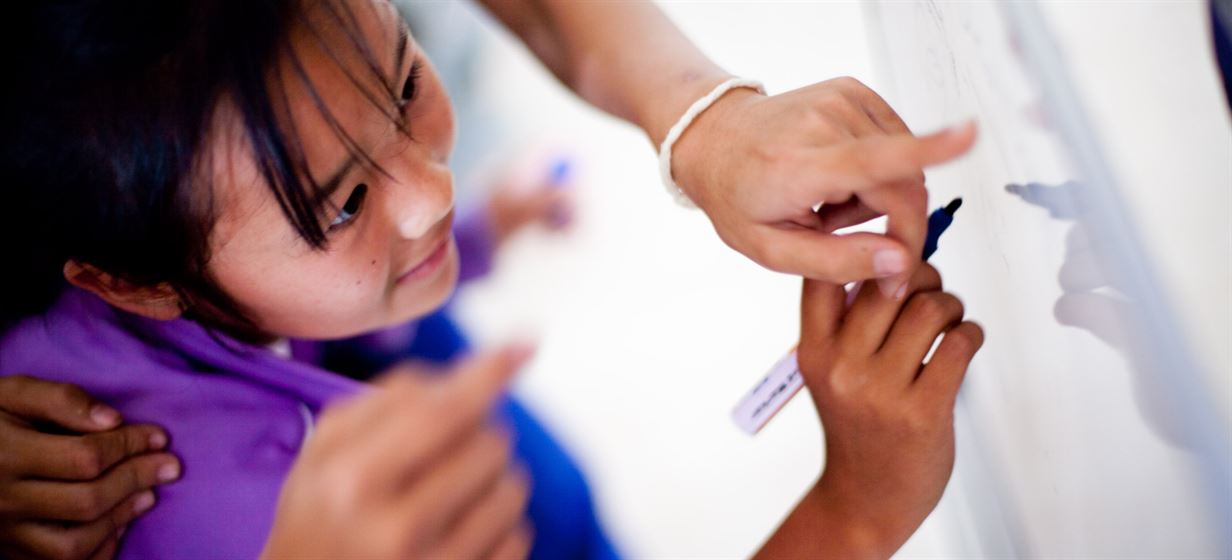
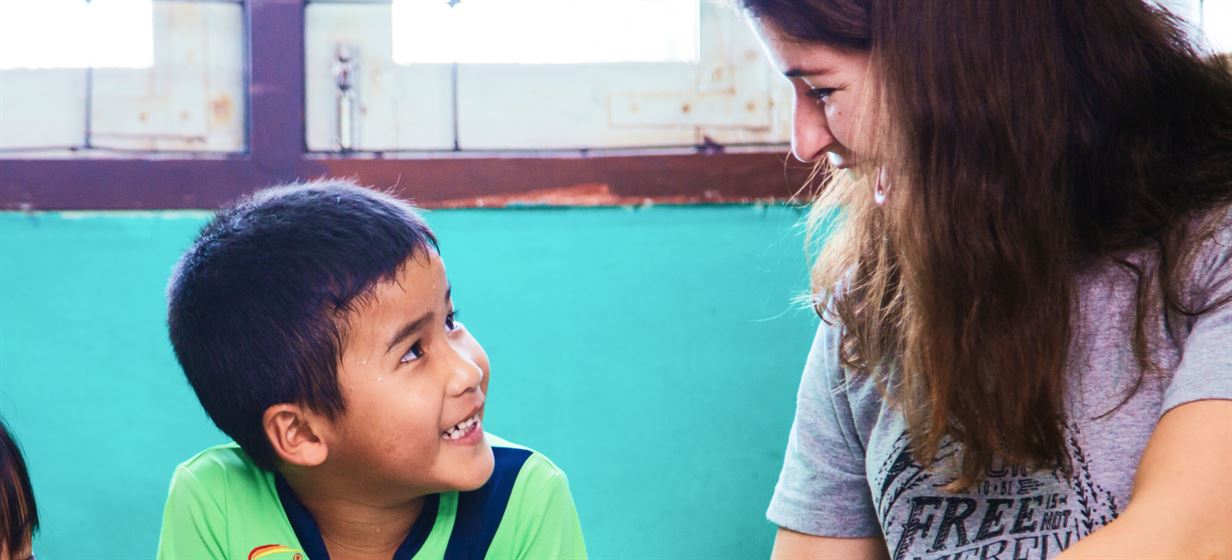
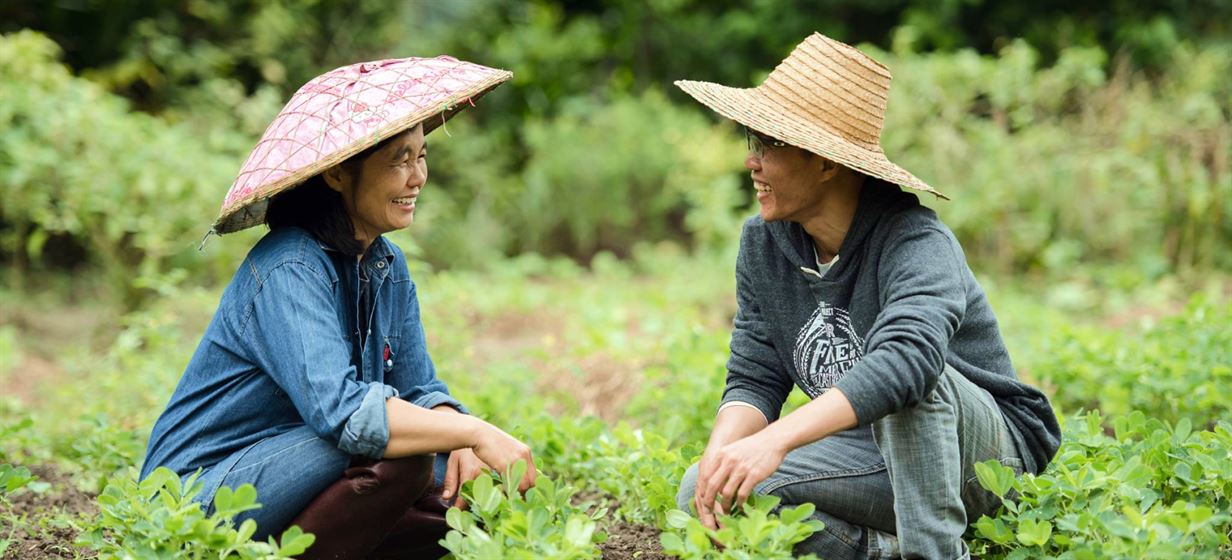
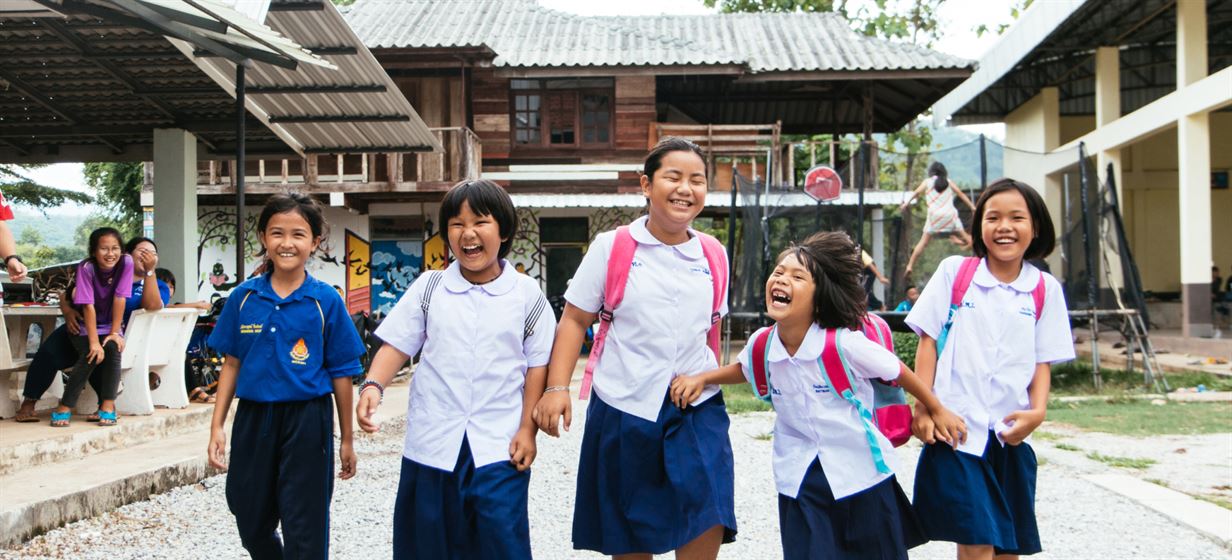
Fierce Determination: The Story of Surachat & Surachai
When their parents passed away, Surachat’s depression was severe enough to cause him to drop out of school for a time. But the two brothers could not afford to linger over their sadness. They had to find a way to survive alone, and worse, without the essential documentation needed for Thai citizenship, and thus access to many fundamental rights. Even staying in school proved a challenge. They were stateless.
“I always believe that someday, I will overcome this series of events and will be able to take care of my family to live a happy life.” – Surachat
Read more about Surachat & Surachai, and other students like them on our blog. We’ll release a new student story every Tuesday between Nov. 23 and Dec. 31.
Risk isn’t usually visible on the surface. If you were to visit our Resource Center and watch the kids playing, if you didn’t know the work we do, you might never know the hardships these kids have already been through. This is part of why trafficking prevention isn’t the work of quick fixes: it’s deep and thorough. It requires looking past the surface to see a person’s whole childhood, context and all. Trauma doesn’t always show itself in a person’s face.
Risk isn’t usually visible on the surface. If you were to visit our Resource Center and watch the kids playing, if you didn’t know the work we do, you might never know the hardships these kids have already been through. Trauma doesn’t always show itself in a person’s face.
Risk isn’t usually visible on the surface. If you were to visit our Resource Center and watch the kids playing, if you didn’t know the work we do, you might never know the hardships these kids have already been through. This is part of why trafficking prevention isn’t the work of quick fixes.

